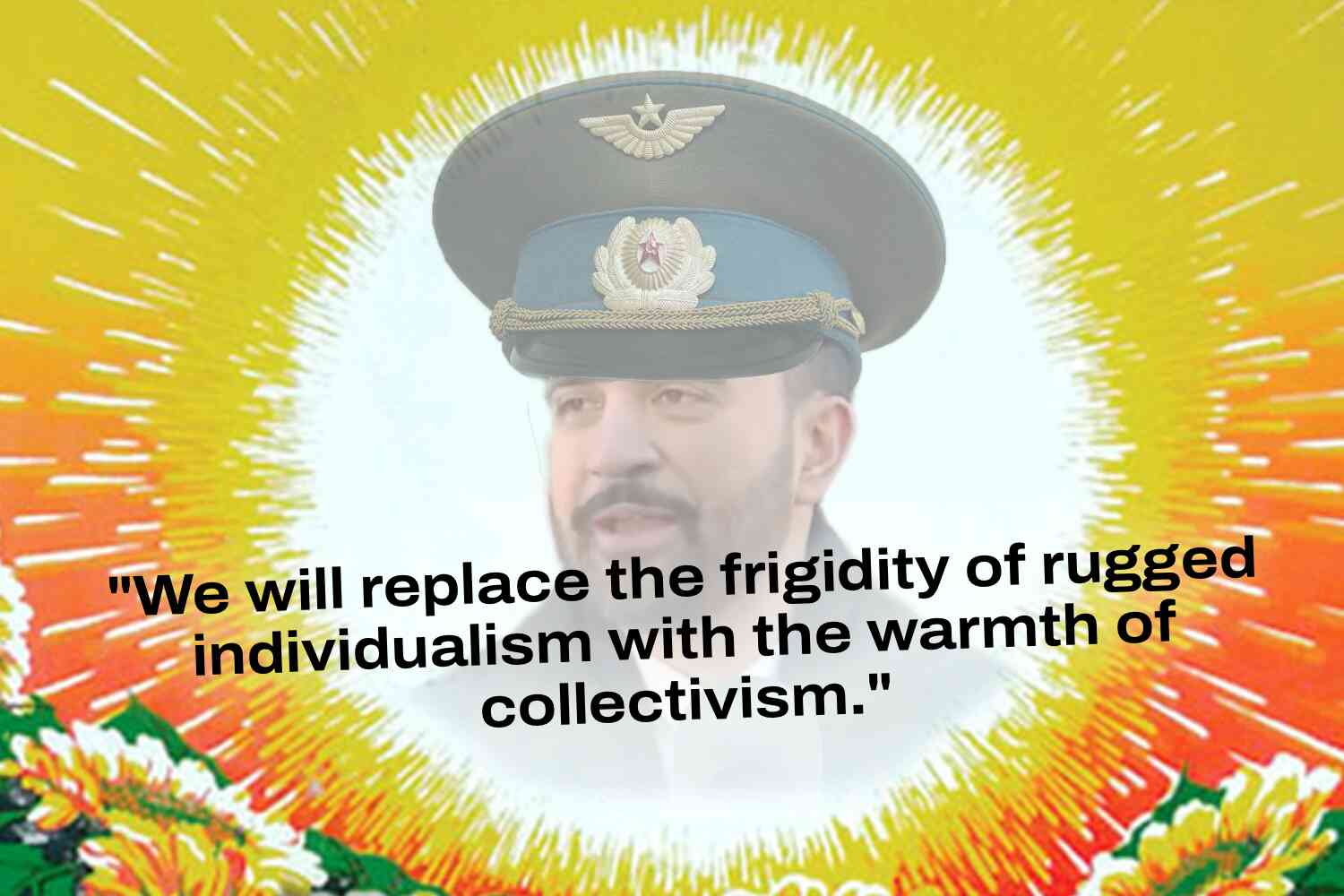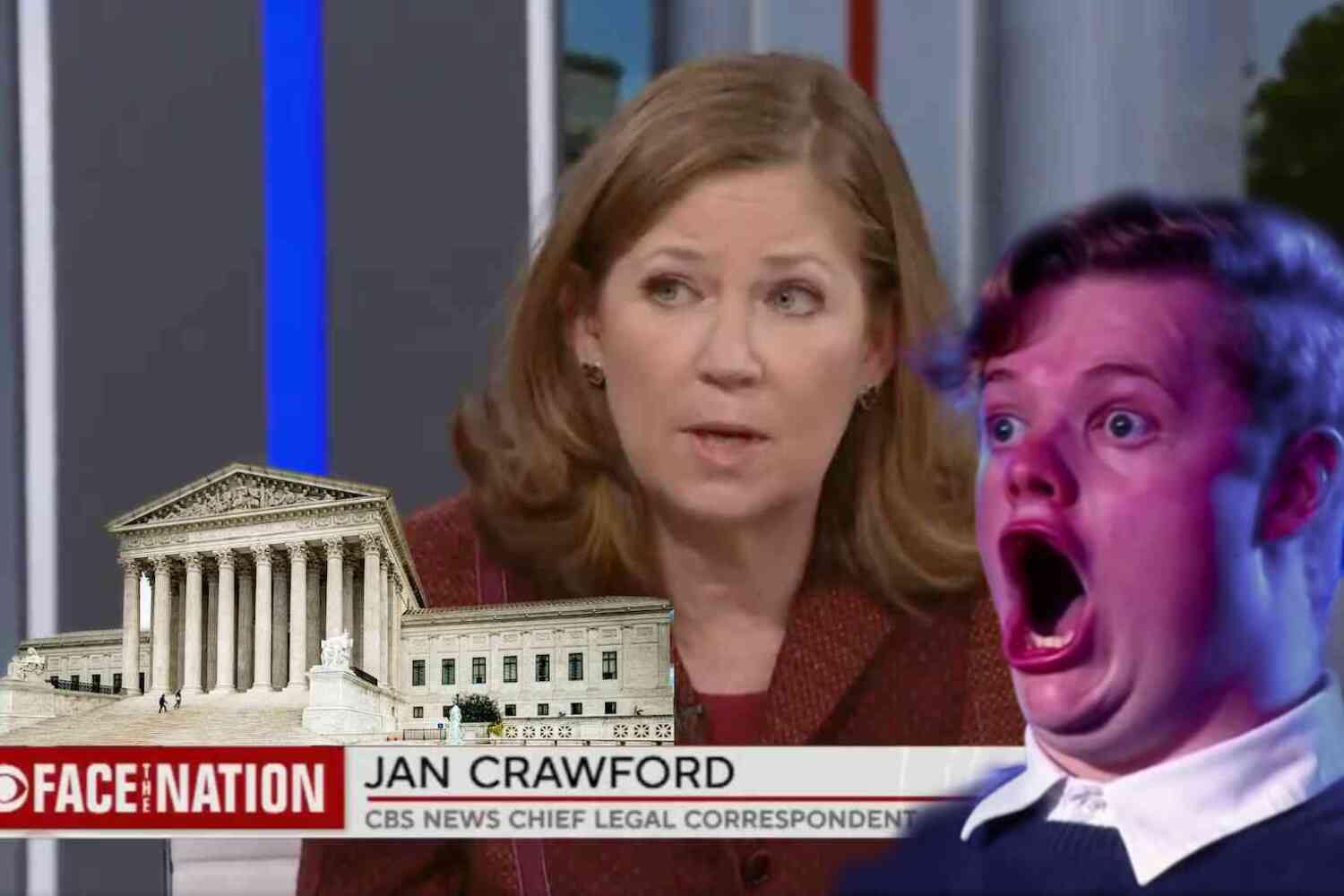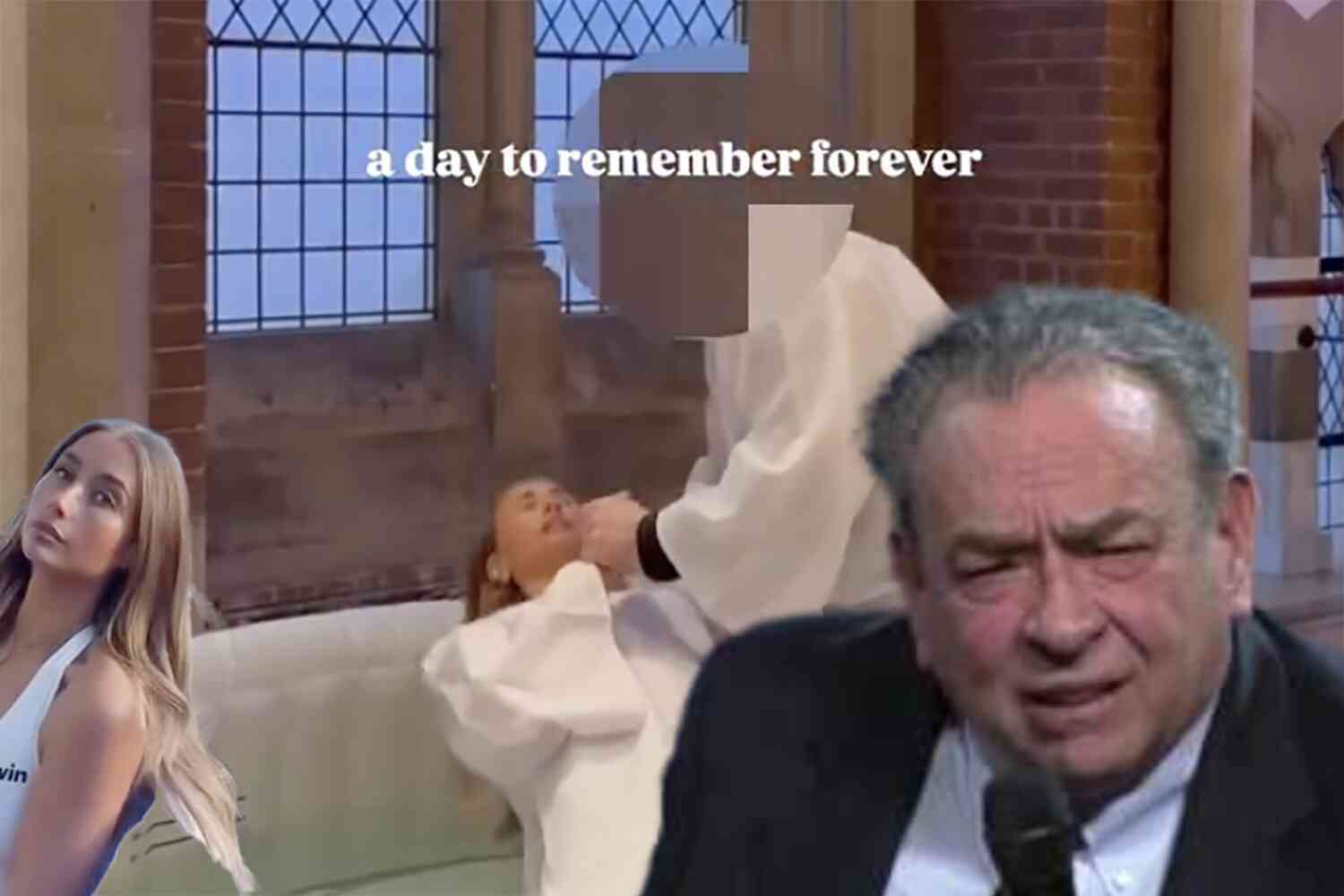Step aside old-timers, with your stultifying "monogamy," where you are only physically intimate with one partner at a time as a sign of devotion and commitment. Make room for "radical monogamy," where you are only intimate with one partner at a time as a sign of devotion and commitment.
Don't think about it too much. They sure didn't.
There's a pretty high chance you haven't yet heard of "radical monogamy".

But, look – it's a thing now.
It was always a thing, but okay, you go with that.
One of radical monogamy's most prominent advocates is Boston-based Robyn Ochs, an educator, speaker and grassroots activist who edits Bi Women Quarterly.
Well, that's cool I guess. And one of monogamy's most prominent advocates is... God.
Then again, Ochs has a pretty impressive background, too, including being co-editor of the 42-country anthology "Getting Bi: Voices of Bisexuals Around the World," so I'm just going to call that a tie for now.
Ochs says her own journey towards embracing radical monogamy involved a lot of self-scrutiny and questioning the cis het status quo.
That "cis het status quo" being monogamy.
To explain the concept, she draws a contrast between "reflexive monogamy" – blindly accepting that it is somehow morally superior to have just one sexual partner – and the more informed and conscious choice of radical monogamy.
Ah, so the difference is she's better than you.

"From the day we're born, there's an overarching presumption that we'll grow up, fall in love with someone of the 'opposite' gender, get married and be monogamous," Ochs explains. "As I grew and healed, I reached a place where it became clear to me that there is agency and power in questioning these cultural norms."
There is "agency and power" in questioning these norms.
After she had broken down this presumption enough to realise that "monogamy is not categorically superior to polyamory", Ochs tried to "shut out the cultural noise around what type of relationship I should want, and ask myself instead, what I do want." In other words: Monogamy can be a choice you arrive at – after considering your own agency and options – rather than a blind expectation.
And then she ended up where she started anyway.
Okay, so she took the scenic route.

Radical monogamy is just the name Ochs gave to this process and conclusion.
So, she was young, she was rebellious, she questioned norms, and then realized her parents were right all along.
In other words, she was pretty much like every other person in the world.
But Ochs couldn't have that.
She needed to be special.

If approached with intentionality, effort and a willingness to grow, it is possible to have a love that's big and magical.

The author provides several similar examples, all of which involving totally not adopting cis het norms and being inquisitive and cool and purposeful and... coming out in the same place.
Basically, radical monogamy is like monogamy only with a lot more narcissism.
But, can it really catch on?
So, without wishing to sound too Carrie Bradshaw, can radical monogamy ever become a widespread term and practice? Zachary Zane, sex columnist and sex expert for P.S. Condoms, believes everyone should be at least thinking about it; the important thing isn't the conclusion you arrive at, but the process of self-interrogation.

He also points out that monogamy needn't feel stifling, saying: "You don't have to live with your partner [and] you don't have to spend every waking moment with them. You can have other fulfilling relationships in your life. This one partner doesn't need to fulfil all your needs even though you're monogamous."
Congratulations. You just caught up on thousands of years of human relationships.

Vincent says they hope radical monogamy will grow in popularity and believes we shouldn't fall into the trap of presuming polyamory is the only "enlightened and progressive" relationship choice.
Imagine the bubble you have to live in to have ever believed that.
And that's really the takeaway.
The notion that people have to manufacture a new term about a very old concept in order to make it "acceptable" is sad, and it goes deep into the culture. Ever hear of new trend called "fluid bonding?" I don't encourage you to click through. Just take it from me, it's very old. In fact it's about as old as you can get and still have humans. Or mammals, for that matter.
As for me, I think I'm going to engage in some "radical eating." It's this new thing where instead of just eating what your parents ate, you think about it a lot, engage in purpose and intentionality, and then eat what your parents ate.

P.S. Now check out our latest video 👇









